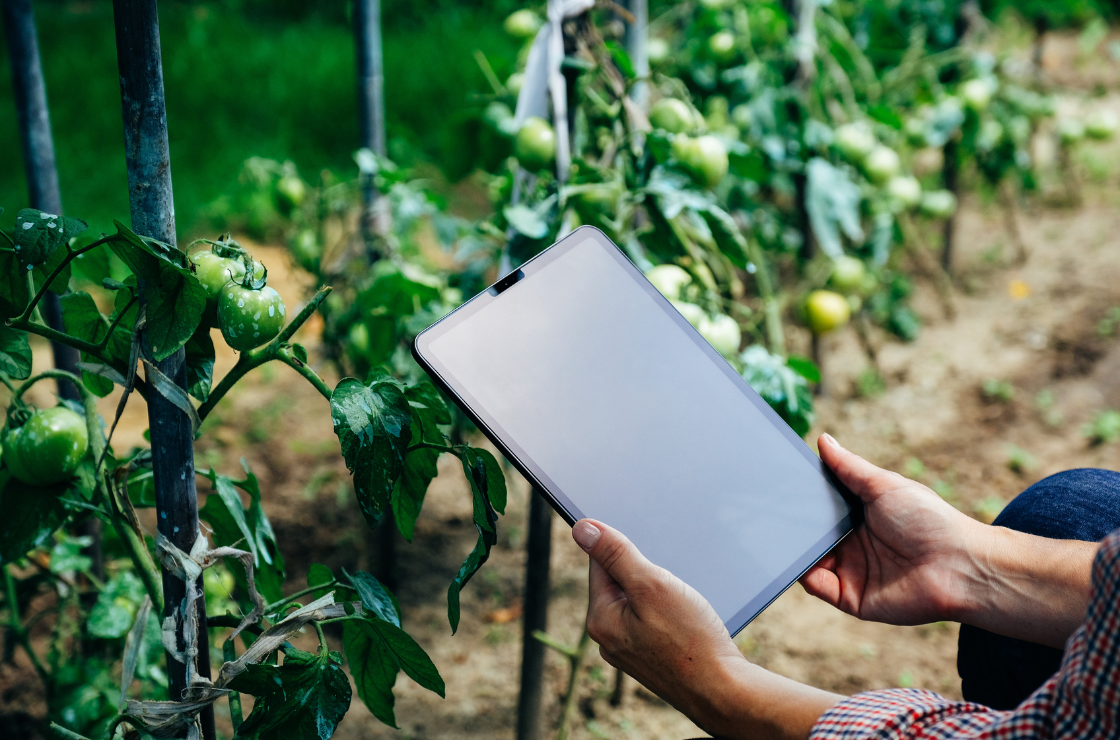The Benefits of Outsourcing IT in Agriculture

You may not typically associate the agriculture industry with technology, but modern tech has become indispensable in this sector. Like any other company, IT can help agribusinesses lower costs, enhance production efficiency, and save time. This article examines how outsourcing IT and emerging technology can create new opportunities for those in the agricultural field.
Benefits of Outsourcing Your IT
Even if an agribusiness may not have an office full of computers, it will still need IT support. Hiring a full-time technology professional can be expensive when every dollar matters, so outsourcing your IT is an effective and efficient way to help you function optimally. With outsourcing, you have access to a team of experienced professionals that can help you spot and mitigate potential risks, offer recommendations to automate processes, and implement ways to help your business thrive.
Software Consulting and Automation Advantages
An outsourced IT provider can analyze your current tech stack and translate your needs into real, impactful solutions. Here are a few examples of ways modern software can benefit the agriculture industry.
1. Remote Management
Through an app or web browser, you can monitor various conditions on your farm, such as irrigation, livestock housing, and material handling.
Drones provide aerial imaging so you can monitor field conditions from anywhere. Remote devices bring crucial information to your fingertips so you can handle time-sensitive issues when they occur, enabling a higher crop yield while saving on labor costs.
2. Automation
Industrial automation technology involves using robotics to resolve labor shortage issues. By using self-driving equipment, you need fewer people operating the machines. Today's equipment performs a wide range of automated tasks, from precision field seeding and fertilizing to herbicide spraying and cattle feeding.
3. Precision Agriculture
By adopting precision agriculture, farmers incorporate GPS with other technological tools to gather data on soil and crops. The technology optimizes resources like fertilizer and water needed in specific conditions. Farmers can evaluate and respond to a wide range of factors like crop growth and moisture levels through various applications.
In large-scale farming, every input counts, so precision matters. Farmers can achieve higher yields with enhanced soil health, less environmental impact, and more efficient allocation of resources. You can avoid over-fertilizing the fields by monitoring the soil's health, thereby cutting costs and diseases during production.
Importance of Data Analytics
Data can be your most valuable asset. By utilizing information farmers already have, they can apply data analytics techniques to recognize patterns and trends and use that information to ultimately drive growth.
For example, by using special sensors, you can monitor the nitrogen and moisture levels of the soil. This data can be tracked and visualized by using a custom dashboard. You can then generate reports, determine which areas consistently need attention, and alter your practices to achieve optimal growing conditions.
As the agriculture field continues to evolve, technology will play an increasingly important role in helping farmers and agribusinesses to stay competitive. Contact us to learn more about our tech services in the agriculture industry.

- Achiever, Relator, Competition, Positivity, Arranger
Neil Wardyn
Recent News & Insights
Lutz Named Top Consulting Firm in 2025 Omaha B2B Awards
Direct vs. Indirect Costs in the Construction Industry
Unconscious Bias in Recruitment: How to Overcome It
Lutz adds Peterson and Wayman




%20(1)-Mar-08-2024-09-22-41-1011-PM.jpg?width=300&height=175&name=Untitled%20design%20(5)%20(1)-Mar-08-2024-09-22-41-1011-PM.jpg)
%20(1)-Mar-08-2024-09-27-14-7268-PM.jpg?width=300&height=175&name=Untitled%20design%20(6)%20(1)-Mar-08-2024-09-27-14-7268-PM.jpg)

%20(1)-Mar-08-2024-09-11-30-0067-PM.jpg?width=300&height=175&name=Untitled%20design%20(3)%20(1)-Mar-08-2024-09-11-30-0067-PM.jpg)
%20(1)-Mar-08-2024-09-18-53-4361-PM.jpg?width=300&height=175&name=Untitled%20design%20(4)%20(1)-Mar-08-2024-09-18-53-4361-PM.jpg)
-Mar-08-2024-09-03-21-1119-PM.jpg?width=300&height=175&name=Untitled%20design%20(1)-Mar-08-2024-09-03-21-1119-PM.jpg)
-2.png?width=264&height=160&name=Website%20Featured%20Content%20Images%20(1)-2.png)
-Mar-08-2024-08-50-35-9527-PM.png?width=300&height=175&name=Untitled%20design%20(1)-Mar-08-2024-08-50-35-9527-PM.png)


.jpg)




